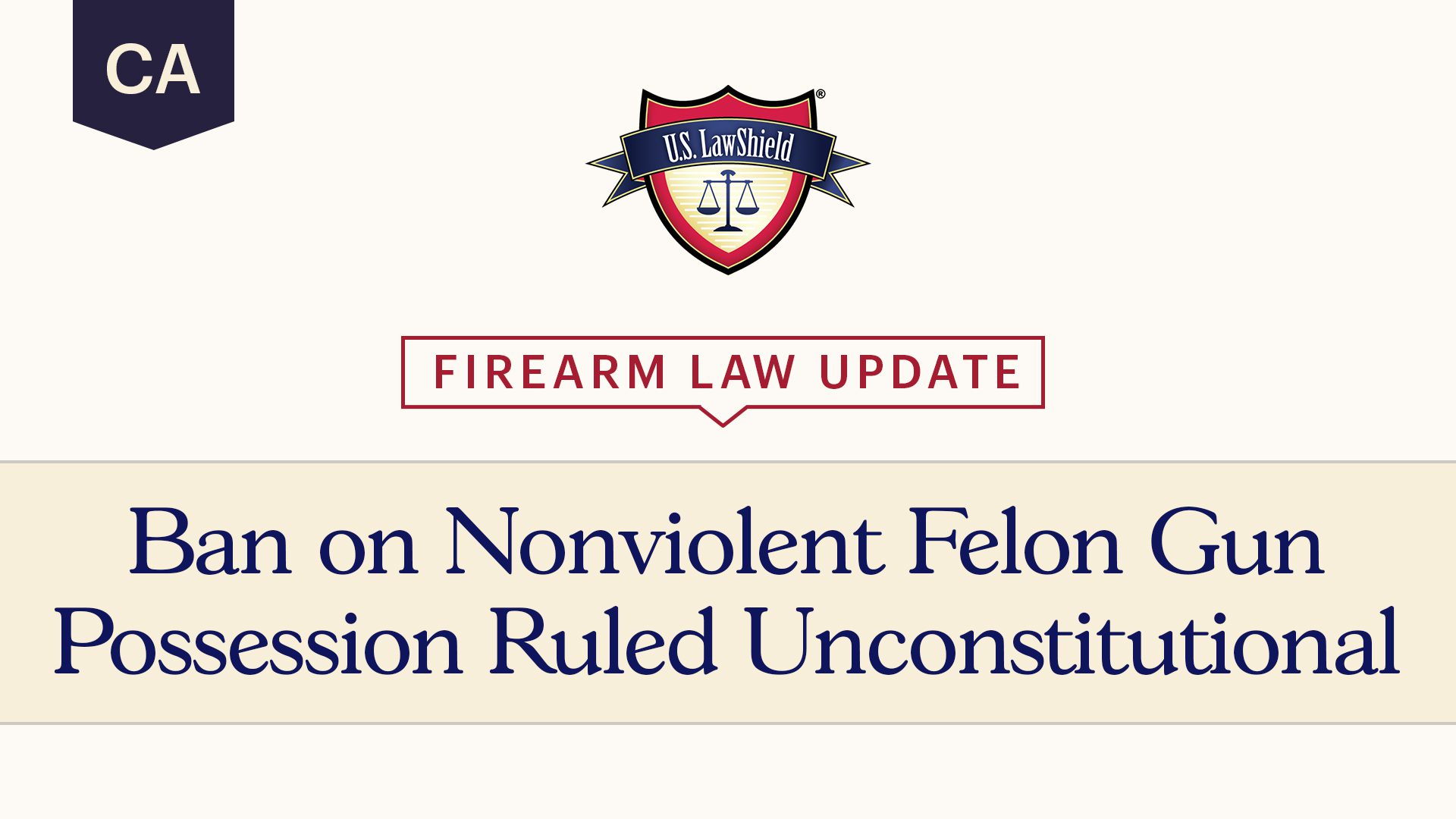Fast Facts: New Michigan Gun Laws Set To Go Into Effect
Gun Storage:
A new law in Michigan requires firearms to be stored securely, inaccessible to minors. Penalties vary based on the severity of activity that may occur after a child gains access to a firearm, ranging from a small fine to 15 years of confinement and $10,000 in fines.
Purchase Requirements:
Starting February 13, 2024, firearms must be purchased with a locking device or storage container. If you already own a gun safe or locking device, bring the receipt when purchasing a new firearm to avoid being required to purchase redundant equipment. A separate locking device or gun safe and separate purchase receipt is required for each firearm purchased.
Waived Sales Tax:
Sales tax will temporarily be waived on firearm safety devices purchased after February 13, 2024, including locking devices and expensive gun safes. However, this exemption doesn’t apply to glass display cases.
Red Flag Laws:
Michigan has enacted red flag laws allowing certain individuals, such as healthcare professionals or family members, to file an action for removal of a person’s firearms who may be a danger to themselves or others. Court orders may result in firearms being confiscated without prior notice to the owner. Respondents who desire legal representation in subsequent legal proceedings must seek legal counsel independently, as a court-appointed attorney is not required in these cases.
Expanded Prohibited Persons List:
The list of persons who are prohibited from possessing firearms under Michigan law now includes individuals with certain misdemeanor domestic violence convictions. However, the full impact of this expansion remains uncertain pending potential legal interpretations and court rulings, as federal law already contains similar prohibitions.
Universal Background Checks:
The law in Michigan previously only required a license and/or background check when purchasing a handgun. The new law expands this requirement to long guns as well.
The information provided in this publication is intended to provide general information to individuals and is not legal advice. The information included in this publication may not be quoted or referred to in any other publication without the prior written consent of U.S. LawShield, to be given or withheld at our discretion. The information is not a substitute for, and does not replace the advice or representation of a licensed attorney. We strive to ensure the information included in this publication is accurate and current, however, no claim is made to the accuracy of the information and we are not responsible for any consequences that may result from the use of information in this publication. The use of this publication does not create an attorney-client relationship between U.S. LawShield, any independent program attorney, and any individual.





Leave A Comment